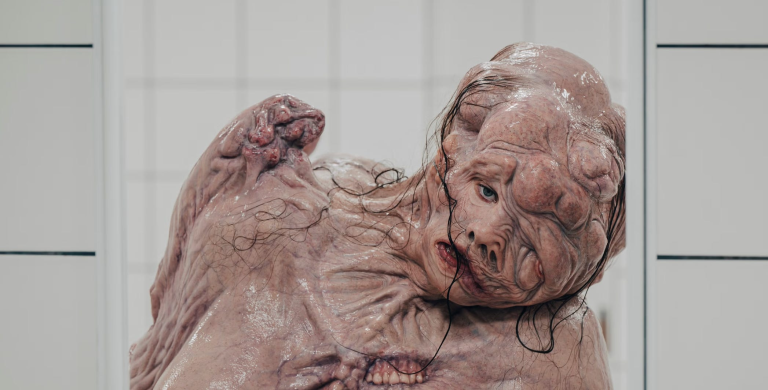
How I Help People Realize They Might Have HS
Hidradenitis Suppurativa is a life-long skin condition that causes painful lumps mostly in the armpits, groin, inner thigh area, breasts, and buttocks.
There is no “typical” day in the ER. You walk in and you never know who you’re going to help. Someone suffering from a stroke? Gunshot wound? STD? Heart attack? Hidradenitis Suppurativa? Slow down there, Krystal. You lost me at Hidradenitis Suppurativa. What exactly is Hidradenitis Suppurativa, or HS? Well, to start, it’s something I have been dealing with since I was about 12, and had no idea until I was almost 30.
Hidradenitis Suppurativa is a life-long skin condition that causes painful lumps mostly in the armpits, groin, inner thigh area, breasts, and buttocks.1 These lumps come as “flare-ups,” getting worse at times and then resolving. It is estimated that about 4% of the population has HS, but that number is likely higher because so many cases go undiagnosed. Diagnosing people with any condition is important, because the more people that are diagnosed, the more awareness that exists. With more awareness comes more research that can work towards creating solutions for people suffering with that condition. That’s where I come in. As a nurse in the ER, while it is not within my scope of practice to actually diagnose my patients, I can give them resources to follow-up care and provide discharge instructions for the condition they were diagnosed with.
If it was your first time being diagnosed with HS in an Emergency Department setting, would it be clear as to what the next steps are to manage your flare-ups? It wasn’t for me. The same holds true for my newly diagnosed HS patients who have so many questions. For example, who do I follow up with? What can I do to manage my pain? How can I reduce the incidence of flare-ups? The beauty of living with HS myself is that I can relate to them and anticipate their needs. I can give them tips that have worked for me, provide a listening ear to a topic that people without HS just can’t completely understand, and give hope when the pain is too strong to bear alone. That is the thing about HS — it is lonely. Because the condition is rare, the chances of you having a friend or family member with the same condition is slim to none, and there is no one to talk to that will be able to relate. If you have HS, you know what it is like to live in constant pain. Some days are better than others, and if you’re lucky, you’ll find lifestyle modifications or medications that keep your flare-ups at bay.
HS is difficult to live with, and you may feel isolated or ashamed, but here are a few things that can help along the way:
- A support group. Google “Hidradenitis Suppurativa” support groups and see if there are any in your area. During this pandemic, online support groups may only be available. There is a great one on Facebook called Hope for HS. You can also find an #hswarrrior on Instagram by looking up that hashtag. I’m on there, too, if you need to talk.
- A dermatologist that has years of experience in treating patients with HS. I’ve been to doctors and dermatologists that misdiagnosed me and even overlooked my HS. Be sure to do your research by checking online if they have Hidradenitis Suppurativa listed as something they treat or by calling their office and finding out if they see patients with HS.
- Follow an HS foundation like hs-foundation.org to stay up-to-date on the latest news, research, and additional resources. You are your own advocate as a patient, and it’s important that you educate yourself on the newest solutions and findings on HS to make informed decisions with your dermatologist.
One of my best friends, Edith, once told me: “I really believe that sometimes we endure pain so that we can help others that are going through a similar hardship.” As a nurse with HS, I feel like I have the privilege of helping others suffering with HS.
If you’re feeling defeated because of living with HS, a Bible verse I cling to when I feel hopeless is 2 Corinthians 12:10, “Therefore I take pleasure in infirmities, in reproaches, in needs, in persecutions, in distresses, for Christ’s sake. For when I am weak, then I am strong.”
It’s a reminder that at our weakest, when we seek God, He makes us strong enough to endure anything that comes our way.











